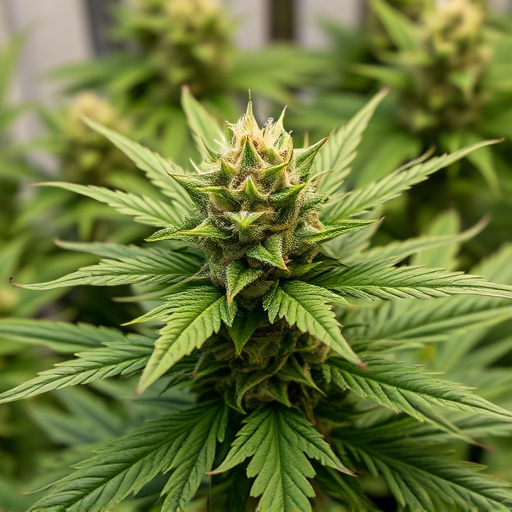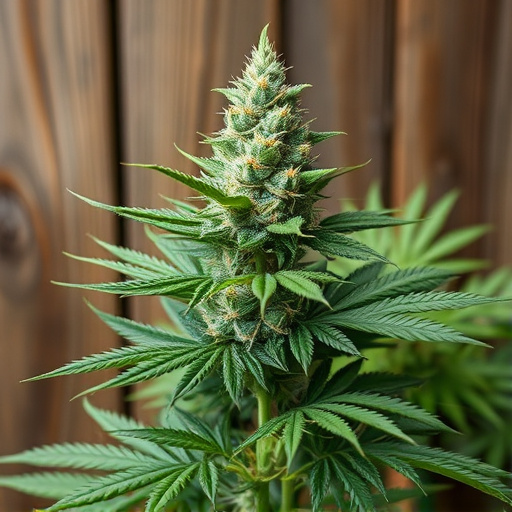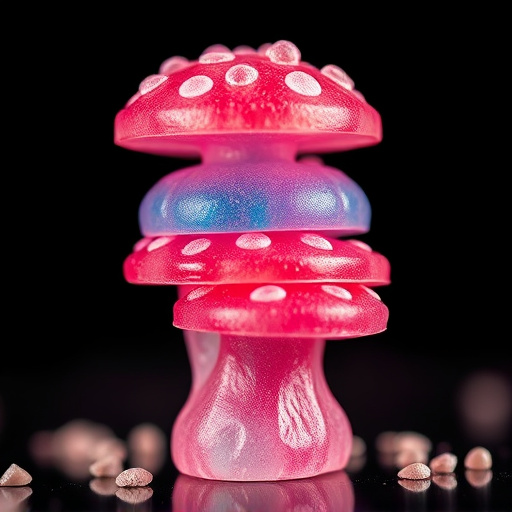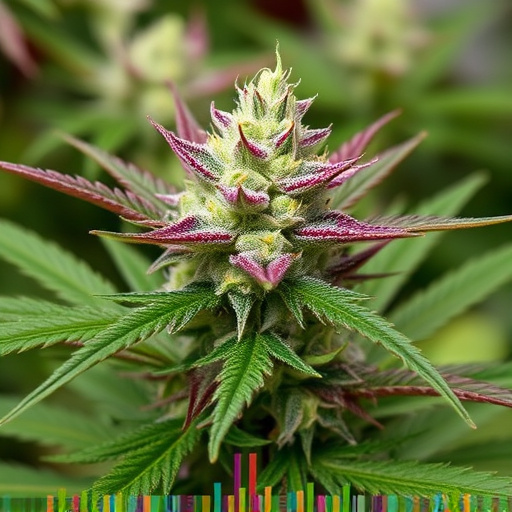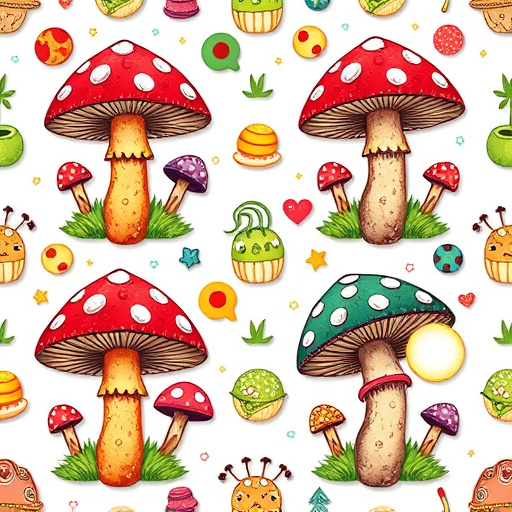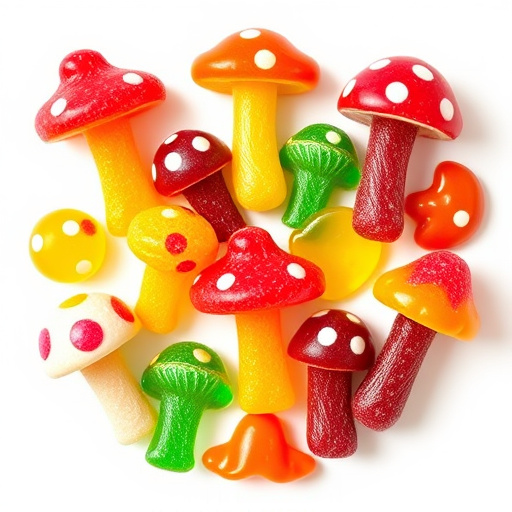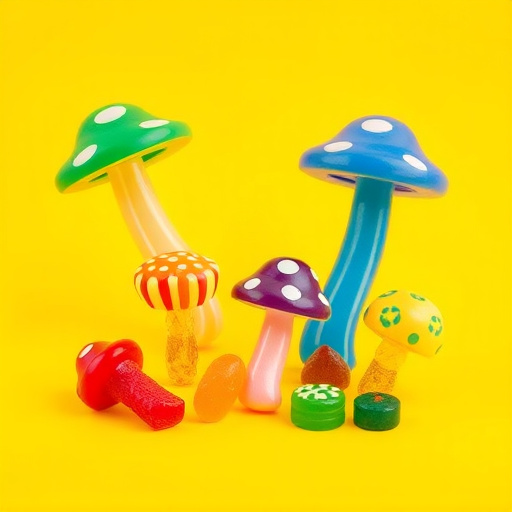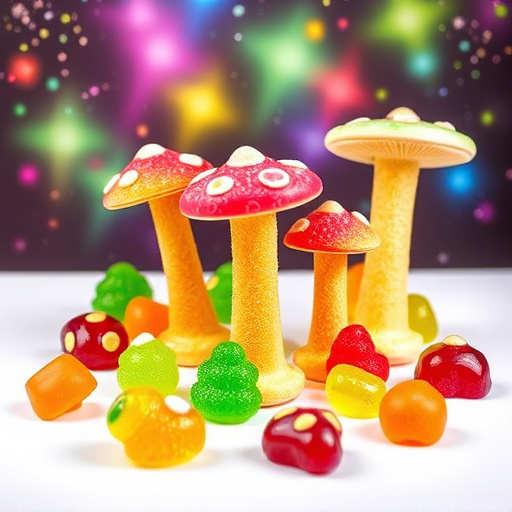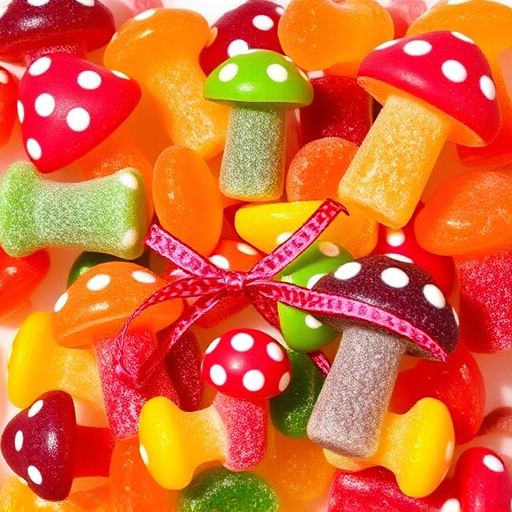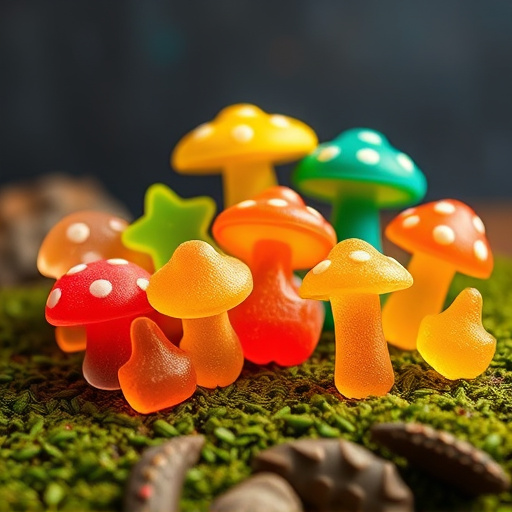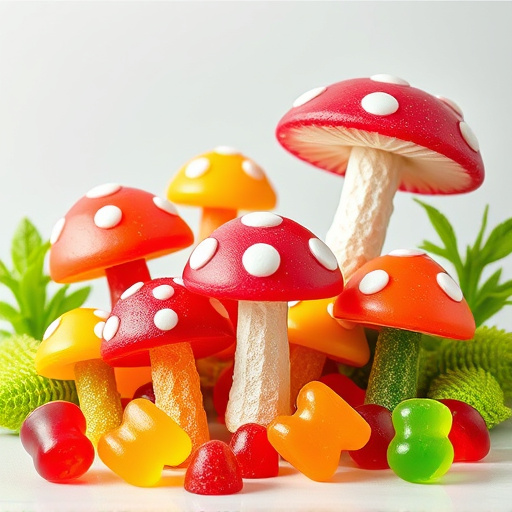Magic mushroom gummies, combining ancient botanical practices and modern neuroscience, offer a controlled delivery method for psilocybin, known for its potential therapeutic effects on brain plasticity. Research highlights psilocybin's ability to enhance creativity, emotional processing, and well-being by interacting with serotonin receptors. However, individual responses vary, and navigation of legal complexities requires caution. Lab-tested gummies provide a safe alternative by ensuring dosage accuracy and compliance with regulations, offering a regulated way to access the benefits of enhanced brain plasticity without risks associated with unsupervised consumption.
“Unveiling the potential of lab-tested magic mushroom gummies: a new frontier in mental health and well-being? This innovative approach combines ancient entheogenic traditions with modern science. Our article delves into the fascinating world of these gummy treats, exploring their potential effects on brain plasticity and functionality.
We’ll navigate the legal landscape and safety considerations surrounding them while shedding light on the scientific research that promises to revolutionize stress relief and mental health treatments. Are magic mushroom gummies the next big thing in therapeutic options?”
- Unraveling the Science Behind Magic Mushroom Gummies
- The Potential Impact on Brain Plasticity and Function
- Navigating Legalities and Safety Considerations
Unraveling the Science Behind Magic Mushroom Gummies
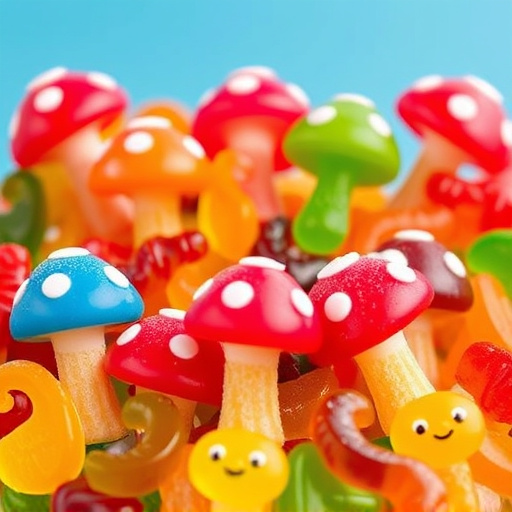
Unraveling the science behind magic mushroom gummies reveals a fascinating intersection of ancient botanical traditions and modern neuroscience. Magic mushrooms, or psilocybin-containing fungi, have been used for centuries in various cultural ceremonies for their mystical and potential therapeutic effects. Recent scientific research has begun to demystify these compounds, uncovering their profound impact on brain plasticity—the brain’s ability to form new neural connections and adapt to experiences.
Studies show that psilocybin, the active compound in magic mushrooms, can induce altered states of consciousness by affecting serotonin receptors in the brain. This interaction may facilitate increased creativity, emotional processing, and a heightened sense of well-being. Moreover, research into magic mushroom gummies as a delivery method underscores their potential for controlled therapeutic applications. Gummies offer a palatable and discreet way to administer psilocybin, enabling researchers to explore its effects on mental health conditions such as depression, anxiety, and PTSD, while also providing insights into the complex interplay between brain chemistry and consciousness.
The Potential Impact on Brain Plasticity and Function
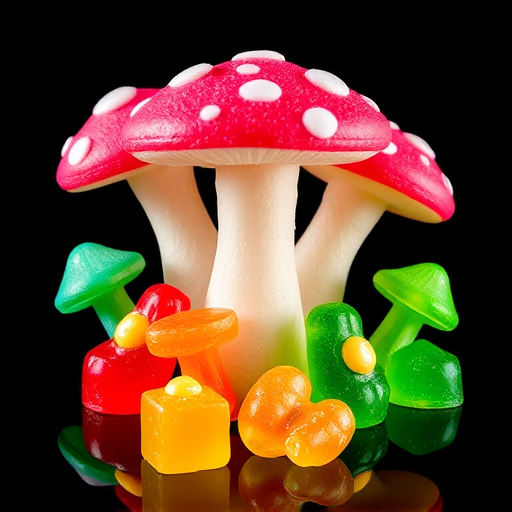
The potential impact of magic mushroom gummies on brain plasticity and function is an intriguing aspect of psychopharmacology. Research suggests that psilocybin, the active compound in magic mushrooms, can stimulate neuroplasticity—the brain’s ability to form new neural connections and adapt. This effect may underlie some of the reported therapeutic benefits, such as enhanced creativity, improved mood, and reduced anxiety. In controlled settings, magic mushroom gummies can facilitate a unique mental state that encourages exploration and altered perception, potentially opening up new pathways for thought and experience.
Brain plasticity is crucial during periods of growth, learning, and recovery from injury or trauma. Some studies indicate that psilocybin may promote neurogenesis—the formation of new neurons—and strengthen neural networks, leading to long-lasting positive effects on mental health and cognitive function. However, it’s essential to approach this topic with caution, as the brain’s response to psychedelic compounds is complex and varies among individuals. More research is needed to fully understand the mechanisms behind these effects and to ensure safe and effective use of magic mushroom gummies for therapeutic purposes.
Navigating Legalities and Safety Considerations
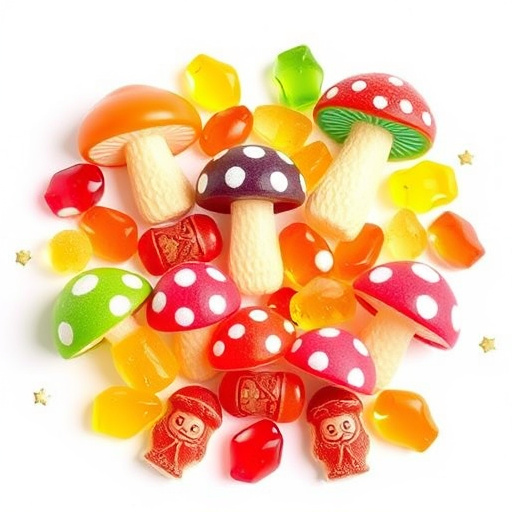
Navigating the legalities surrounding magic mushroom gummies is a complex task, as regulations vary widely from region to region. What’s more, introducing psilocybin into edible forms like gummies poses unique safety challenges. Ensuring accurate dosage and minimizing potential adverse effects are paramount. Research suggests that psilocybin can enhance brain plasticity, offering therapeutic benefits for conditions such as depression and anxiety. However, this potential comes with risks, especially when self-medication or unsupervised consumption occurs.
Understanding local laws is crucial, as is prioritizing consumer safety. Lab-tested magic mushroom gummies provide a promising alternative by offering controlled doses of psilocybin in a regulated environment. This approach ensures both compliance with legal requirements and the potential for individuals to access the therapeutic benefits of brain plasticity without the risks associated with unregulated, untested products.
In conclusion, while lab-tested magic mushroom gummies offer potential therapeutic benefits, particularly in enhancing brain plasticity, it’s crucial to approach them with caution. Further research is needed to fully understand their effects and ensure safety. Navigating the legal landscape surrounding psychedelic products remains complex, emphasizing the importance of responsible consumption and informed decision-making regarding these novel substances.
